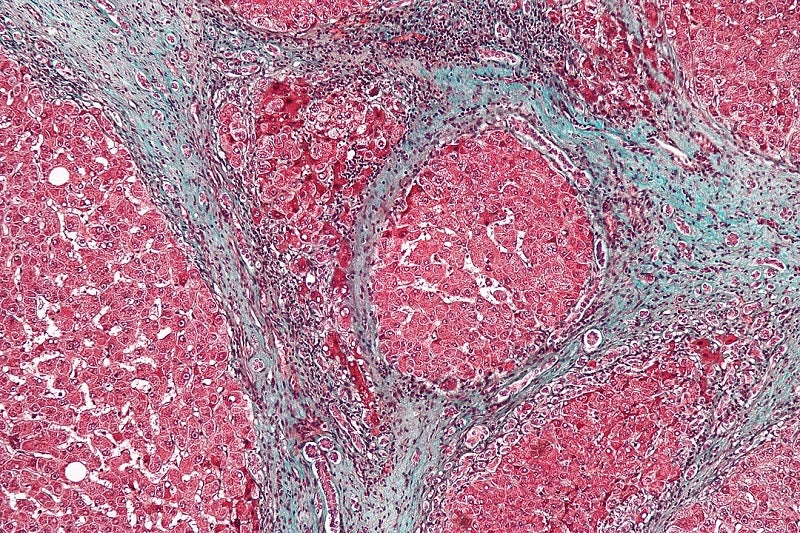
Johns Hopkins University School of Medicine in Maryland, US, has announced that a new artificial intelligence (AI)-based blood testing technology was found to detect more than 80% of liver cancers in a study.
The new blood test, dubbed DNA evaluation of fragments for early interception (DELFI), was developed and used by researchers at the Johns Hopkins Sidney Kimmel Cancer Center.
It has been designed for the detection of fragmentation changes that occur among DNA shed from cancer cells into the bloodstream, known as cell-free DNA (cfDNA).
In the recent study, which was conducted last year, the researchers used the DELFI technology on blood samples obtained from 724 people to detect hepatocellular cancer (HCC), a type of liver cancer.
Of the total plasma samples, 501 were collected in the US and the European Union (EU).
They also included samples from 75 HCC patients for training and validating the machine learning model, a type of AI that leverages data and algorithms to improve accuracy.
The remaining 223 samples were collected from Hong Kong and included samples from 90 HCC patients, 35 HBV-related liver cirrhosis patients, 66 hepatitis B virus (HBV) patients, and 32 individuals with no underlying risk factors.
Using a blood test, the DELFI technology measures the process by which DNA is packed in the nucleus of a cell. This is done by evaluating the size and amount of cell-free DNA from diverse regions across the genome that is present in circulation.
The technology detects cancer presence by evaluating several cfDNA fragments for abnormal patterns, along with the size and amount of DNA present in different genomic regions.
With 88% sensitivity and 98% specificity, the DELFI technology detected liver cancers at their earliest stages.
Johns Hopkins University School of Medicine assistant professor Amy Kim said: “Currently, less than 20% of the high-risk population get screened for liver cancer due to accessibility and suboptimal test performance.
“This new blood test can double the number of liver cancer cases detected, compared to the standard blood test available, and increase early cancer detection.”
The researchers are planning to validate the new approach for clinical use in larger studies.
- Coinsmart. Europe’s Best Bitcoin and Crypto Exchange.Click Here
- Platoblockchain. Web3 Metaverse Intelligence. Knowledge Amplified. Access Here.
- Source: https://www.medicaldevice-network.com/news/johns-hopkins-ai-blood-test/







